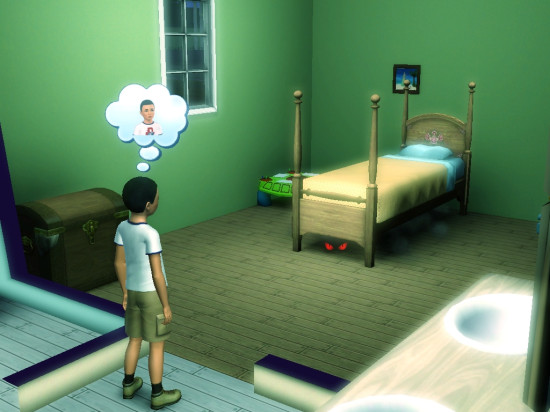10 Ways to Write More Each Day

One of the things most writers would like to be able to do is to write more on a daily basis. While the obvious answer to this problem is to spend more time writing, that’s not always an option. If you like to write or you have a book project brewing in the back of your mind, there are some steps you can take other than to spend more time which has the potential of helping you to get more words down on paper each day.
Set goals and stick to them
If you’re writing a book, you should have an outline of your plot and your chapters in advance. How far do you want to get this week? What should your daily progress be? Set a realistic goal and stick to it even when the going gets tough.
Set milestones, and decide how you’ll celebrate them. Turn it into a game or a challenge. If you know how much you’re progressing every day and want to up the ante, ask a little more of yourself. Are you writing 1,000 words a day? Push it to 1,250, it only takes a few minutes longer, but in four days you’ll have gained an extra day’s worth of progress. Researchers say that we can boost our productivity by as much as 25% just by setting goals.
Use your most productive working time
Many of us find that we progress fastest with our writing in the mornings. Your brain’s still half asleep, but somehow it’s still fresher and you get more writing done. Other people like to write after everyone has gone to sleep. Try writing at different times of the day to determine your most productive time of day and plan your writing time around that.
Use down-time to think things through
Use times when you’re not writing to think about what you’re going to do next. Stirring a pot in the kitchen doesn’t occupy your brain, so use the time to think about where you’re going with your writing. Generate ideas as you sip your morning coffee or while you’re driving around town on errands. Even if you don’t record your thoughts, you’ll have a greater sense of purpose when next you sit down to write.
Don’t try to perfect your writing when you’re in an inspired space
Nobody can be inspired all the time, but when inspiration hits, the faster you can get your ideas down, the more you’re going to get out of the moment. You can always go back and correct things later on, but your inspiration won’t last forever. So write. Be fast. Be furious. Be glaringly inaccurate. You can fix all of that when your brain reverts to plodding along.
Use writing prompts
If you’re blogging, journaling or just writing for fun, getting ideas for something to write can take nearly as much time as the writing itself. There are tons of weird, wonderful, interesting or inspiring writing prompts available online. Pick one at random and go crazy. The creative challenges will sharpen up your thinking, and all that writing practice is sure to improve your skill.
Take breaks
Spending hours at a time hammering away at your writing might not be the best way to boost your productivity. Take breaks every 25 minutes or so, even if it’s just getting a glass of water or looking up from your work and doing a few stretching exercises. It’s a scientifically proven fact that people who cut themselves some slack in the form of short breaks are way more productive than the constant plodders.
Don’t dump your workout
Forget the stereotypes of lumbering (and slightly dim) muscle men and ditzy ‘gym bunnies’. Getting exercise improves your circulation and gets extra oxygen into your bloodstream. And that goes to your brain, helping you to think more creatively and effectively. A study on creative thinking showed that people who did exercise, even light exercise, fared better at a task set to measure creative thinking.
Figure out how you waste time
Relaxing is important, but a lot of the unproductive things we do in our free time aren’t really relaxing. We get annoyed with our TV shows, we aimlessly search the net or we engage in less-than-meaningful interactions on social media. Remember, if it relaxes and refreshes you, it’s productive. If it doesn’t, it might be that cutting out that activity will give you more time to boost your writing productivity.
Shut out distractions
Do people ping you on Skype while you’re writing? Do you have your Facebook tab open and peep to see what’s going down every time you hear a notifier? You could be losing hours of productive time just attending to these ‘little’ distractions. When you return to your work, you have to compose your thoughts all over again, and that wastes time too.
Drink lots of water
This might sound like just another of those ho-hum health tips, but it really works. Think about it. Your body consists mainly of water, and your brain has an even higher percentage of water than the rest of your body. If you’re dehydrated, which many of us are as a matter of course, how can you expect your brain to function at its best? Keep a glass of water handy, and keep on sipping!
(Photo courtesy of inthepotter’shands)


